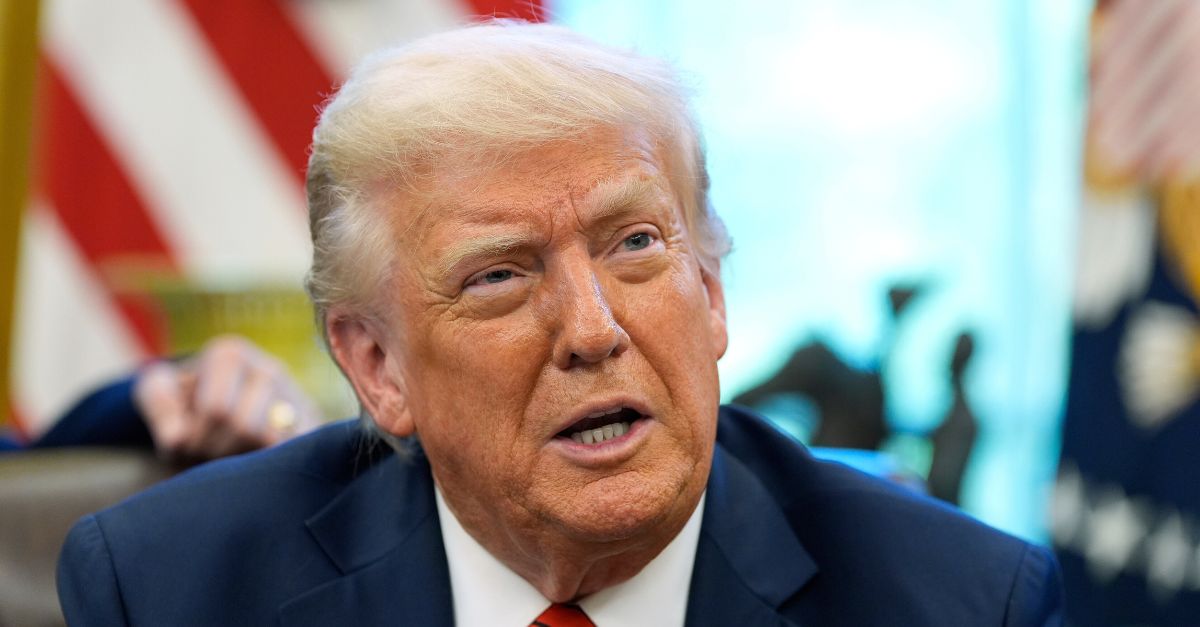Supreme Court Blocks Trump’s Wartime Deportation Plan: Legal Experts React
In an unexpected late-night move, the U.S. Supreme Court issued a temporary order stopping the deportation of a group of Venezuelan migrants — a decision that has stunned legal experts and drawn intense national attention.
The controversy centers around the Trump administration’s use of the Alien Enemies Act, a law from the 18th century, to remove migrants without a court hearing. The Court’s decision, made just after midnight last week, blocks that effort for now and raises major legal questions about due process, presidential power, and how far immigration enforcement can go.
Why This Case Is Making Headlines
The Trump administration had been using the Alien Enemies Act — first passed in 1798 — to fast-track the removal of Venezuelan nationals it claimed had ties to violent criminal gangs. Critics, however, say the law was being used to strip migrants of their rights and bypass the usual legal process entirely.
The Supreme Court’s order was brief but powerful: stop the deportations while the case plays out. And it was made without even waiting for the Biden administration’s legal response — a rare and dramatic step.

“To say this is unusual is an understatement,” said Emily Berman, a constitutional law professor at the University of Houston. “The Court doesn’t typically issue emergency orders like this, especially before the government has had a chance to weigh in. That tells us how serious the justices viewed the potential harm.”
What Is the Alien Enemies Act, Anyway?
The law in question is one of the oldest still on the books. The Alien Enemies Act was designed to give presidents the authority to detain or deport people from enemy nations during a formal war. But it hasn’t been used in modern immigration enforcement — until now.
The Trump administration dusted it off to target migrants it claims are part of a Venezuelan gang known as Tren de Aragua. But immigration attorneys argue that many of those caught up in the sweep had no chance to defend themselves or even know why they were being detained.
The American Civil Liberties Union (ACLU), which filed the emergency request, said the migrants weren’t notified of the reasons for their deportation or given a hearing to contest it — a clear violation of basic due process rights.
“These individuals were being labeled ‘enemies’ and removed without the ability to challenge it in court,” said ACLU attorney Lee Gelernt. “That’s not how justice works in America.”
A Divided Court, and a Sharp Dissent
The order was supported by a 7-2 majority on the Court, but two justices strongly disagreed. Justice Samuel Alito, writing in dissent and joined by Justice Clarence Thomas, criticized the Court for acting too quickly and without hearing from both sides.
“This is literally a midnight order,” Alito wrote. “The Court rushed to judgment without knowing all the facts.”
Despite the pushback, most legal analysts say the Court’s action sends a clear message: even in matters of national security or immigration, the government must still follow constitutional rules.
What Happens Now?
For now, the deportations are on pause. The Supreme Court’s temporary hold gives the lower courts time to fully consider the ACLU’s challenge, and the justices will likely revisit the case in the coming weeks once all sides have submitted arguments.
The Biden administration, which inherited the policy from the previous administration, hasn’t publicly said whether it will defend or abandon the use of the Alien Enemies Act in this case. But legal experts say the outcome could set a powerful precedent for how far any administration can go when invoking old laws for modern immigration issues.
“This isn’t just about Venezuelan migrants,” said legal analyst David Leopold. “This is about the rule of law, and whether basic rights can be brushed aside when it’s politically convenient.”
The Bigger Picture
This case comes at a time of heightened political focus on immigration, with both major parties debating how to handle rising numbers of asylum seekers and undocumented migrants. The Supreme Court’s intervention could shape not just the legal limits of enforcement, but also the public’s view of how immigration law is applied — and to whom.
For now, the Venezuelan migrants at the center of the case remain in the U.S., and advocates say they’re hopeful this ruling marks a step toward a fairer, more transparent system.


Comments are closed, but trackbacks and pingbacks are open.